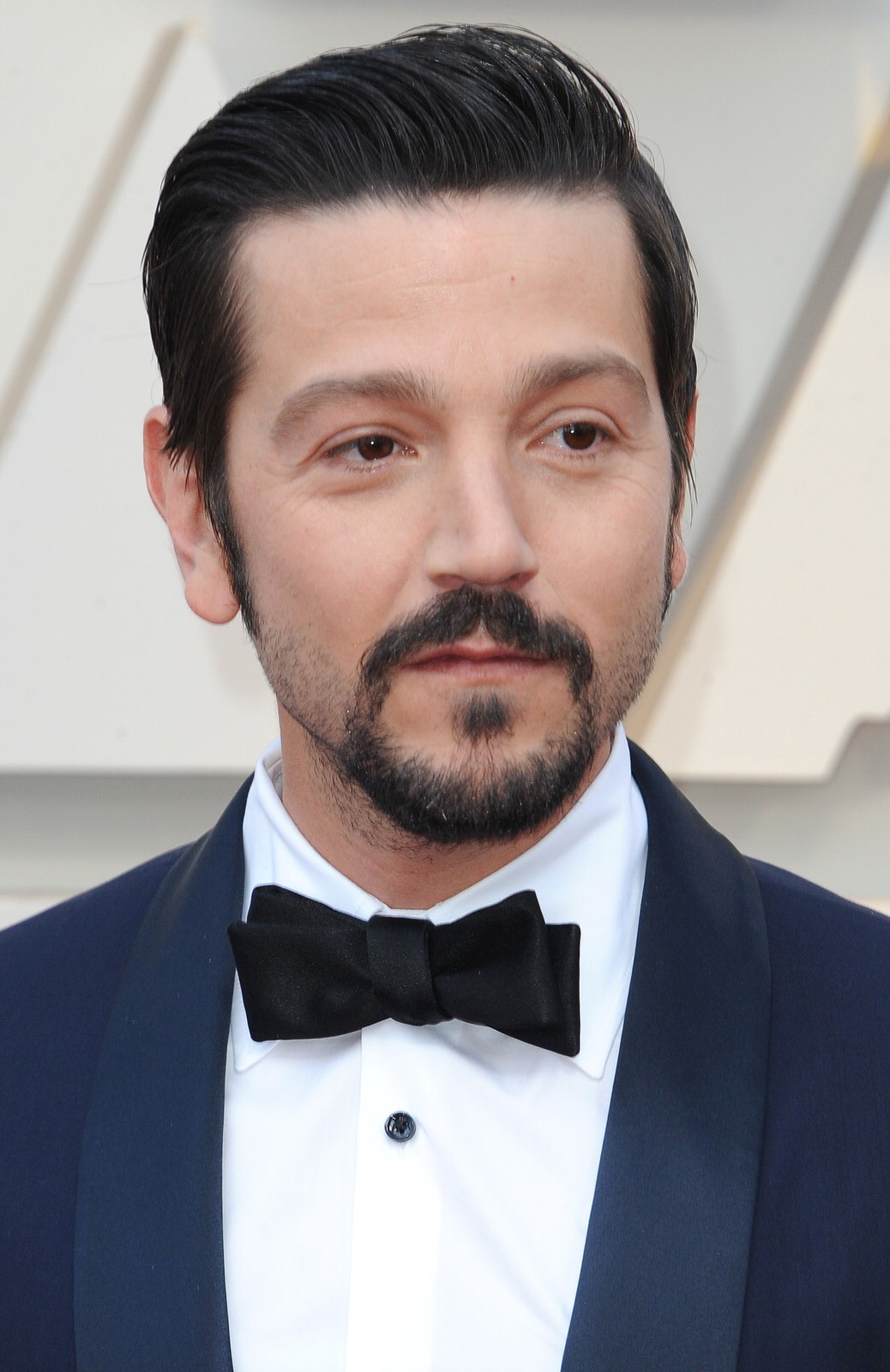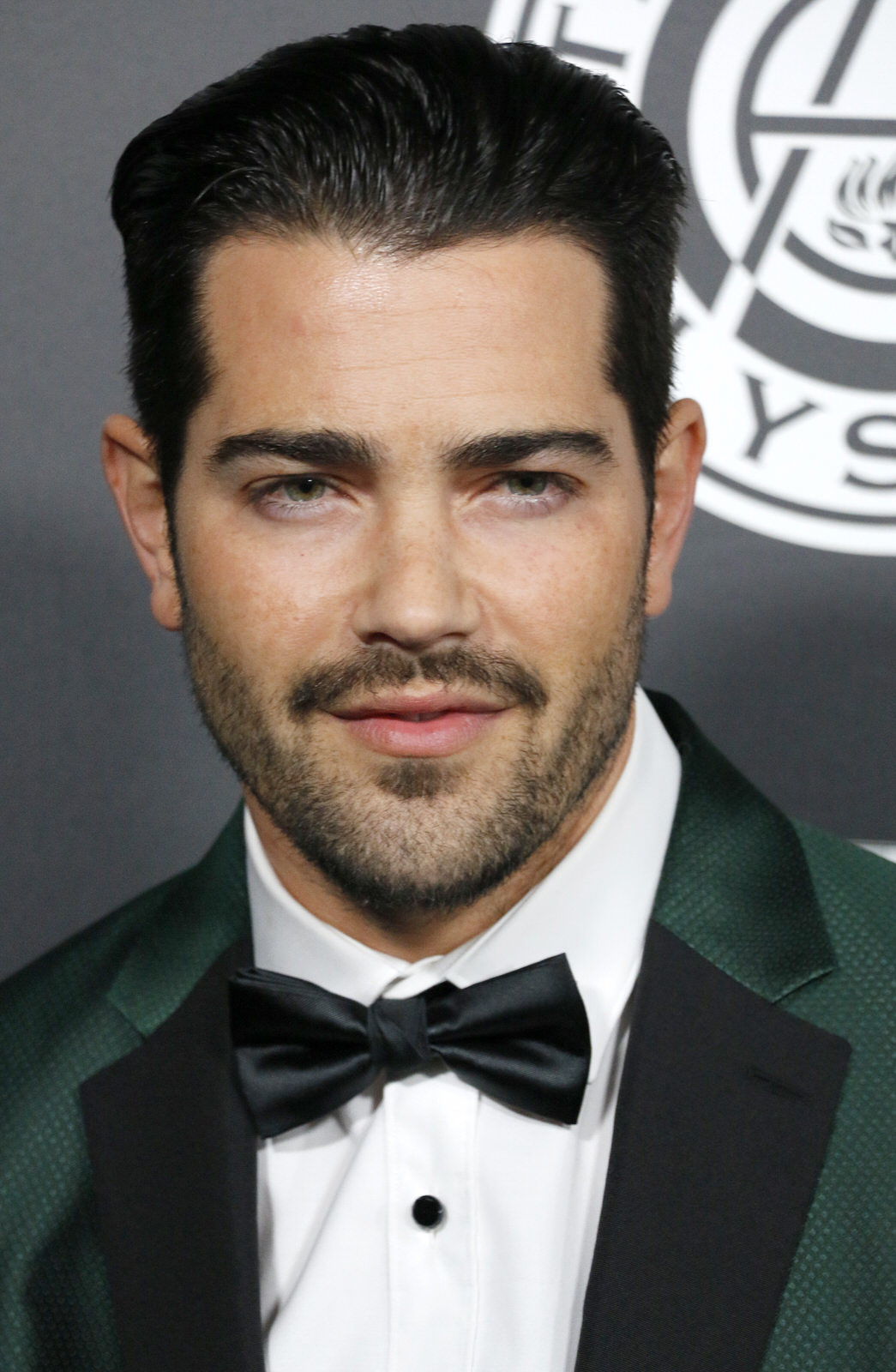Diego Rivera
Diego Rivera was a prominent Mexican painter known for his large frescoes that helped establish the mural movement in Mexican and international art.
José Diego Rivera Barrientos
Painter
December 8, 1886
Sagittarius
November 25, 1957
70
Guanajuato, Mexico
Diego Rivera was a renowned Mexican painter and muralist, celebrated for his distinctive style of large-scale murals. Some of his most famous works can be found at the National Preparatory School, the Palace of Fine Arts, and the National Palace in Mexico City, as well as in San Francisco and New York City. Rivera’s art was heavily influenced by his involvement in Communist politics, and he is considered one of the most important artists of the 20th century.
Some of Rivera’s notable works include “Paisaje zapatista” (1915), a landscape painting showcasing his use of vibrant colors to depict trees, and the mural “Nude with Calla Lilies” (1947) at the Museo Mural Diego Rivera. Other significant pieces include “Agrarian Leader Zapata” (1932), “Detroit Industry” (1932), “Flower Carrier” (1935), “Pan-American Unity” (1940), and the monumental mural “Epopeya del Pueblo Mexicano,” which covers three walls and portrays pre-Hispanic Mexico and Toltec culture.
An outspoken member of the Mexican communist party, Rivera was married to fellow painter Frida Kahlo. He began drawing at a young age and eventually gained international recognition for his art. His career took him to Europe and the United States, where he became a leading figure in the avant-garde art community. Rivera played a pivotal role in establishing the mural movement in both Mexican and international art.















